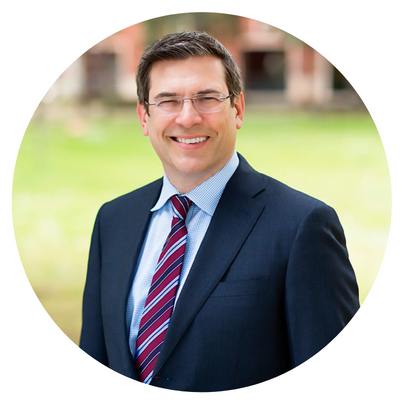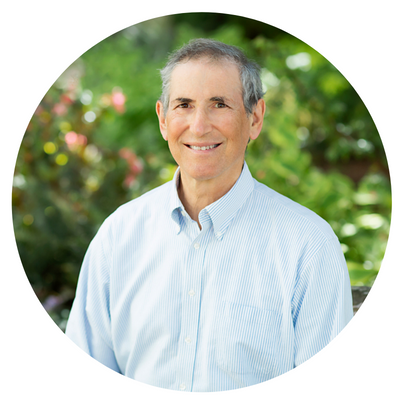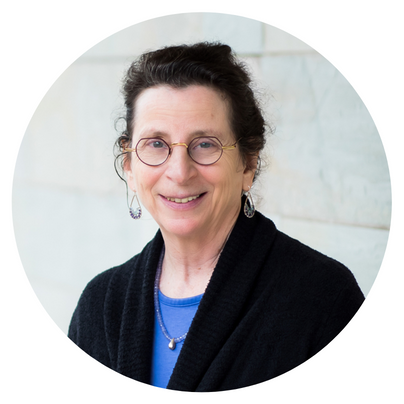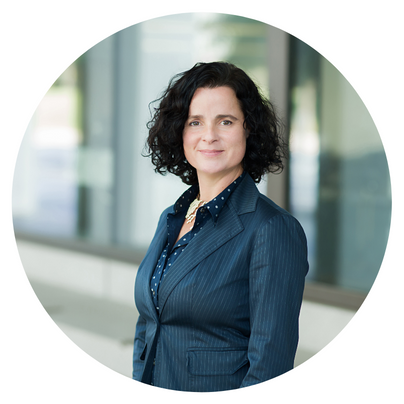Ask the Experts: Integrative Medicine
How can integrative medicine make a powerful difference for our kids?
“Mary” was born prematurely, at 24 weeks gestation. Her parents couldn’t hold her. Machines monitored her every breath. Her body struggled to regulate itself.
Massage therapist Marcia Degelman, CMT, first met Mary – whose name has been changed to protect her privacy – at 30 weeks. Right away, she noticed that the child seemed stressed and agitated. She reached into the incubator and held her hands above the infant’s head and feet. She felt the baby calm. For two months, Degelman returned every week to provide a gentle massage. One year later, she met Mary again – a happy, healthy toddler who greeted her with a smile.
That’s the power of integrative medicine, an innovative, donor-funded program offered through UCSF’s new Stad Center for Pediatric Pain, Palliative, and Integrative Medicine. It’s care that combines conventional medical treatments with complementary, evidence-based therapies such as massage, acupuncture, acupressure, hypnosis, nutrition therapy, and meditation – giving the most vulnerable patients a fighting chance at wellness.
Hear from our experts on what inspires them most about pediatric integrative care.

HYPNOSIS
When people think of hypnosis, they imagine I say a few magic words and snap my fingers and you give me all your chocolate. That’s not how it works. Hypnosis is an alternative state of awareness. Sometimes it’s spontaneous, like when we study for a test or shoot a free throw. Sometimes it’s guided, with the expressed, explicit purpose of reducing discomfort like headaches or nausea, coping with stress, or falling asleep more easily. I have had so many patients who, after hypnosis, feel for the first time that they can control a distressing symptom that medication hasn’t helped.
Stefan Friedrichsdorf, MD
Medical Director, UCSF Stad Center for Pediatric Pain, Palliative, and Integrative Medicine

NUTRITION
Ninety-five percent of my patients have autism or attention-deficit/hyperactivity disorder (ADHD), and I do a full integrative medicine consult with them. Nutrition is extremely important in these children. It can affect their symptoms dramatically. Kids with ADHD or autism might have nutritional deficiencies or be sensitive to certain foods that can make their symptoms worse. When you correct these things, you can change behavior. We see kids with ADHD becoming less hyperactive, more attentive, and better learners. We see children with autism improving their language and social skills. It is crucial that these children have a solid nutritional footing as a basis for other interventions.
Sanford Newmark, MD
Medical Director, UCSF Osher Center for Integrative Medicine

MASSAGE
I see adults, but I also work with children. I see preemies, infants that have undergone heart surgeries, and kids preparing for bone marrow transplants. We have a lot of kids with pancreatitis, and I have developed a massage protocol specifically for this group. It helps the nervous system relax. That’s primarily what I’m interested in – having people switch their nervous systems from fight-or-flight to rest-and-digest, because that’s where healing takes place. For a baby, when they’re less agitated, they’re growing and healing. I want to provide that healing, loving touch for kids.
Marcia Degelman, CMT
Massage Therapist, UCSF Stad Center for Pediatric Pain, Palliative,
and Integrative Medicine

ACUTHERAPY
Almost any patient can benefit from acutherapy. Our resources are limited, though, so we can only provide services to those patients most in need. We see a lot of palliative care patients who have complex conditions or life-limiting diagnoses or who are facing end-of-life situations. We also see patients with pain or other symptoms that are not easily treated. I know how effective acutherapy is, and I’m still amazed by how much it helps. Even on the hardest days, after surgery or during chemo, kids will receive acupuncture and say, "I feel so much better. I feel calmer and more relaxed. I feel like me again."
Robyn Adcock, DACM, MS, LAc
Director of Integrative Medicine, UCSF Stad Center for Pediatric Pain, Palliative, and Integrative Medicine